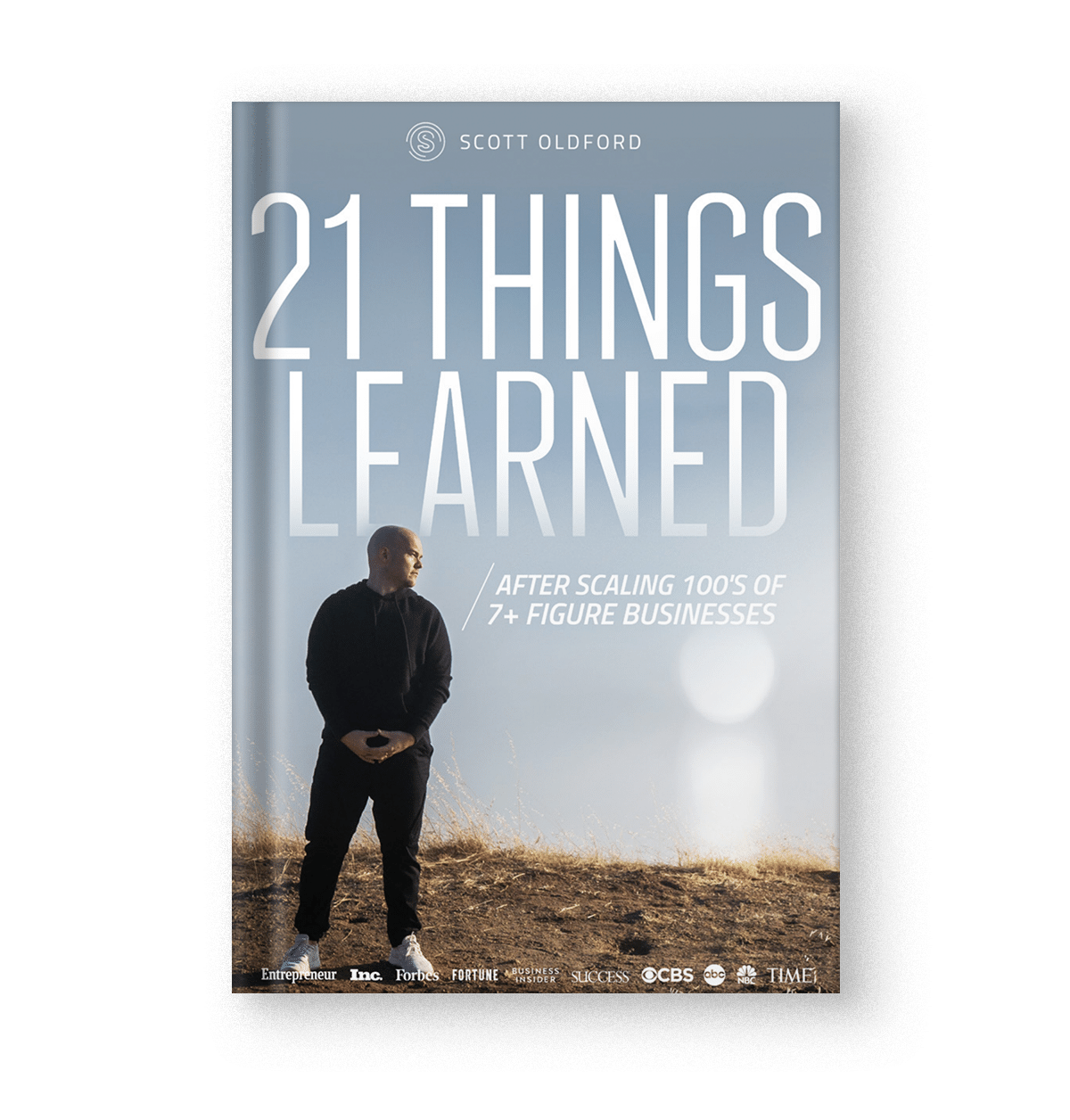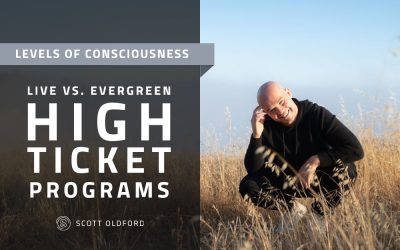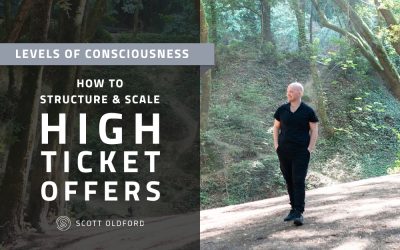To view this video on Youtube, click here (remember to Like + Comment 
To access future videos before everyone else, SUBSCRIBE to the Youtube Channel now
———————————-
 |
This article was also published on Entrepreneur. You can read the article here. |
How to measure your content marketing roi
If you’re basing your content marketing ROI on how many people engage with it, you’re missing out.
This may be hard to stomach, because you put a lot into your creative content marketing and you commit to creating viral content that’s seen (and engaged) by many. But the vast majority of people who buy, don’t tend to engage (especially if you target high ticket items to high-profile entrepreneurs).
I learned this the hard way.
Like most, I based my content marketing success on “likes”, shares, and love hearts. Going viral and getting lots of engagement like that is fun. It creates a dopamine spike. You want more just like it. You start to measure your success based on how it makes YOU feel.
Not good, and not the way to measure your content’s success.
In this video, I show you the only way to measure you success.
It isn’t to say “likes”, shares, and love hearts don’t matters, because they do. they can help you measure what works, but these metrics DO NOT define your success.
The only thing that does is the revenue it brings in — the actual way it help your business grow.
And the truth is, most people who buy don’t engage too much. They’re busy. They don’t have the time to like and message and share everything you create. But just because they aren’t engaging like that doesn’t mean they aren’t experiencing what you produce.
This means most of your best customers will lurk in the background, only to one day come to you and hire you.
This is what happened to me, and it changed the game for me.
I began to look at my content marketing in a whole new light, and I’ve never looked back.
So to learn more, check out this video now.
When you do, be sure to Subscribe + Like + Comment on Youtube. Not so I can enjoy a dopamine spike, but so Youtube will share this video with more people like yourself.
Like I say, I don’t care about the vanity metrics anymore. But the vanity metrics do help you reach more of the right people 🙂
So watch now, and then… Subscribe + Like + Comment
Video Transcript:
Content marketing roi
If you’re using engagement as your key indicator of success for your content inside of your business, you may be playing the game wrong.
As entrepreneurs, we want a little bit of the dopamine fix of being able to share content and being able to have it liked, shared, commented on, all of these different types of things. As you further progress with your content, you’re going to realize that engagement’s actually one of the things that you don’t really need to care about so much.
What you’ll actually end up realizing, more than anything else, is those people that buy from you typically aren’t even going to engage with you. Instead, they’re going to look. They’re gonna be the lurkers. Those that buy from you aren’t always the one that actually like and so what you have to reprogram your mind with is realizing that the like isn’t money. You can’t bring the likes to the bank.
So, as entrepreneurs, as just human beings, we gotta realize that that social media is based upon our level of dopamine in our brain.
Every single time that you get a new like, every single someone replies to an email, someone replies to one of your posts or one of your videos or you see how many views a video has seen, your brain is either going to have a dopamine high or you’re going to feel a little bit bad.
You’re going to feel like, oh, why doesn’t anyone like this?
Well, over the last number of years, I’ve been able to create a lot of content. I’ve been able to see how engagement impacts and how social proof impacts videos, articles, long forum posts, so on and so forth.
And what I want you to realize is that the more sophisticated your audience, the less engagement you’re actually going to get.
So what this really means for you is that you shouldn’t be judging your content based on how many likes it gets.
Rather, you should be judging your content based on how much revenue it’s actually generating. ‘Cause again, if we can’t bring likes to the bank, and we can’t profit from it, we’re not going to be able to utilize that profit for the impact that we wanna create inside of our world allowing us to evolve.
So the next time that you push out content, instead look at how does it actually generate you revenue? How does it actually allow you to propel your business forward? Because it’s not about the likes, it’s not about the dopamine, it’s about you being able to impact the world. And sometimes that means that you have to let go of the emotional state that content production and distribution actually has.
Instead, you have to elevate your emotional place and your emotional being so that you can impact others on a higher level without that higher level actually feeling as good as the likes that perhaps you wanna get.
So, this overall means that instead, you need to be looking at how many messages are generated, how many views are being generated, and then further than that, how many people are actually consuming that content, seeing that content, and driving action of purchasing from you, booking phone calls, being on your webinars, seeing other pieces of your content? And instead of looking at a post and seeing that oh, it doesn’t have many likes, realize that the people that are gonna buy from you are not the people that are always gonna like.
Once you realize this and once you internalize this, you now have the ability and you now have the empowerment to go out, create content, and allow it to have its highest unfair advantage in the marketplace. Because now, you’re not emotionally attached to what the outcome is. Instead, you just know that you’re putting amazing content out there that’s going to change the lives of the potential customers and clients that you will have in the future.
Want to learn more?
Find out how to move people closer to the sale in my guide to content creation.





